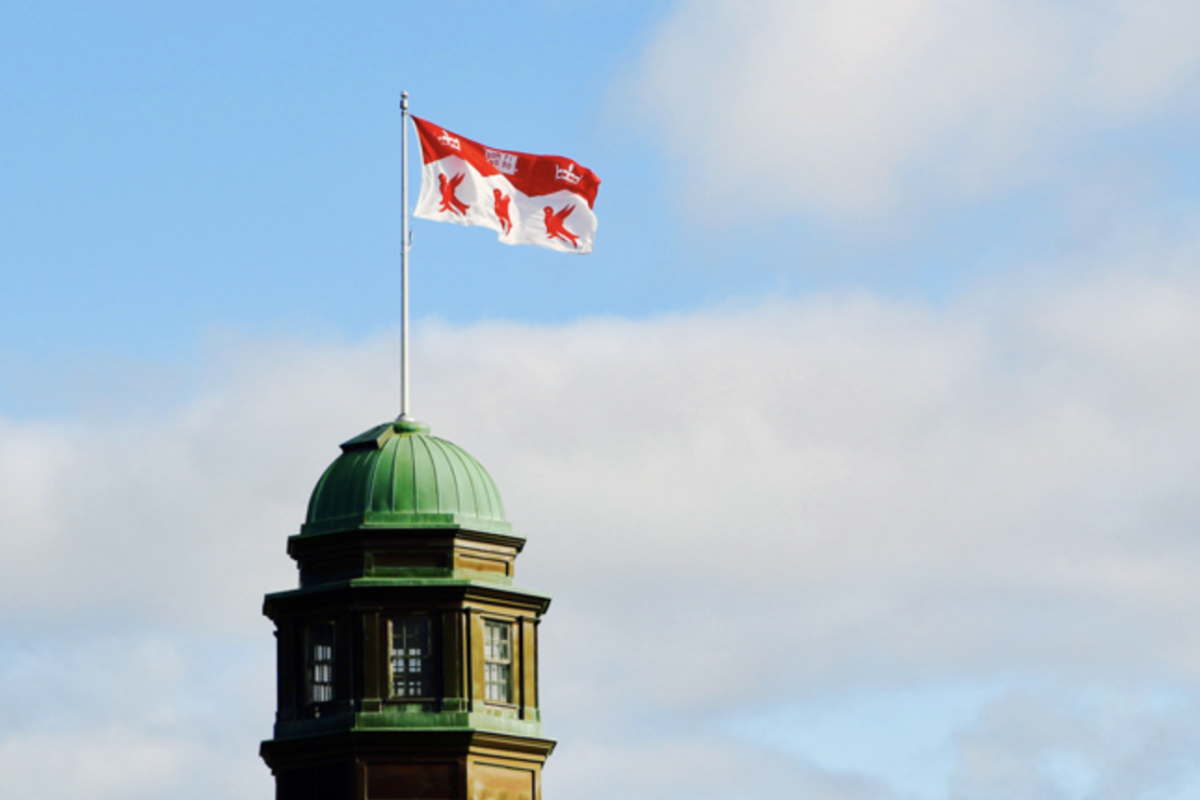In 2018, Quebec controversially deregulated tuition for international students at the province’s universities, allowing schools to set their own rates. Over the past several years, McGill has gradually raised international fees, a trend that has continued during the COVID-19 pandemic. While tuition this year for most McGill programs increased by 3.1 per cent, some international graduate students have seen their dues rise by 30 per cent. International students bear the brunt of tuition hikes because of both the way McGill is funded and Quebec’s political history, but a more equitable solution is possible: International students can pay more affordable tuition fees if Quebec raises its education budget, and if McGill spends its funds more responsibly.
At first glance, tuition discrepancies based on residency status seem reasonable. The university’s three largest revenue sources are, in order, the provincial government, student tuition, and the federal government. Quebec residents pay the lowest amount in tuition fees since their families already pay both provincial and federal taxes. Students from other Canadian provinces also pay reduced tuition, although it is more expensive for them than for in-province students. Since international students and their families do not pay provincial and federal taxes, it seems only fair that they pay a higher rate to fund the university.
However, part of the reason why McGill has to rely on international students for such a large percentage of its funding is that in-province tuition remains disproportionately low, even after considering taxes. Although Quebec residents pay among the lowest in-province fees in the country, they have made it clear that they are opposed to significant increases by protesting the provincial government’s attempts to implement hikes. Had the proposed increase of $325 per year for five years been enacted in 2012, by 2017, Quebec’s tuition would have still been the second-lowest in Canada for in-province students. The unwillingness of Quebec residents to pay more has left their province’s universities underfunded. If Quebec’s higher education budget was raised to compensate for its students’ low fees, it would lighten the financial burden of Quebec universities on international students.
Fundraising from student dues is further hampered by Quebec’s agreements with France and Belgium, which allow French and francophone Belgian undergraduates to pay the Canadian out-of-province tuition rate rather than the international rate. Graduate students from these countries are charged even lower in-province rates. French and Belgian students make up over 14 per cent of McGill’s international student body, and McGill has to recover the money it loses due to this policy by increasing tuition for other international students’ tuition. It is understandable that Quebec wants to promote the French language through immigration from francophone countries, but It would be fairer to eliminate this policy so that having all international students pay an equal rate would be fairer and more sustainable. Lower international prices will ensure that Quebec remains a popular destination for the students who pay the most.
The university has struggled with funding for years. It needs more money during the pandemic to remain operational and continue offering support services, such as career planning and student health care, and an excellent education. One way to offset these costs without additional tuition hikes would be using more of the funds raised by campaigns such as “Made by McGill” to help students pay for their education. At the moment, only 30 per cent of the campaign’s $2 billion goal is dedicated to scholarships and bursaries. If more funding was used for these initiatives, it could help students who might find additional costs financially challenging.
The nature of McGill’s revenue streams and economic stressors resulting from the pandemic has forced the university into a difficult financial situation. However, McGill cannot expect international students to pay even more when others do not pay enough. To make McGill more affordable, administrators and students alike should demand increases in Quebec’s higher education budget, equal tuition for all international students, and a change in the distribution of funds raised by campaigns.









This is a horrible take, and absolutely unsubstantiated and poorly researched. To think that administrative funding distribution is a simple problem to solve is hilariously unenlightened, and shows how little you understand about administrative bureaucracy. International tuition at McGill is significantly lower than most out-of-state rates at American institutions. You explain IN YOUR OWN ARTICLE why tuition costs based on residency makes sense–so what do you not understand?